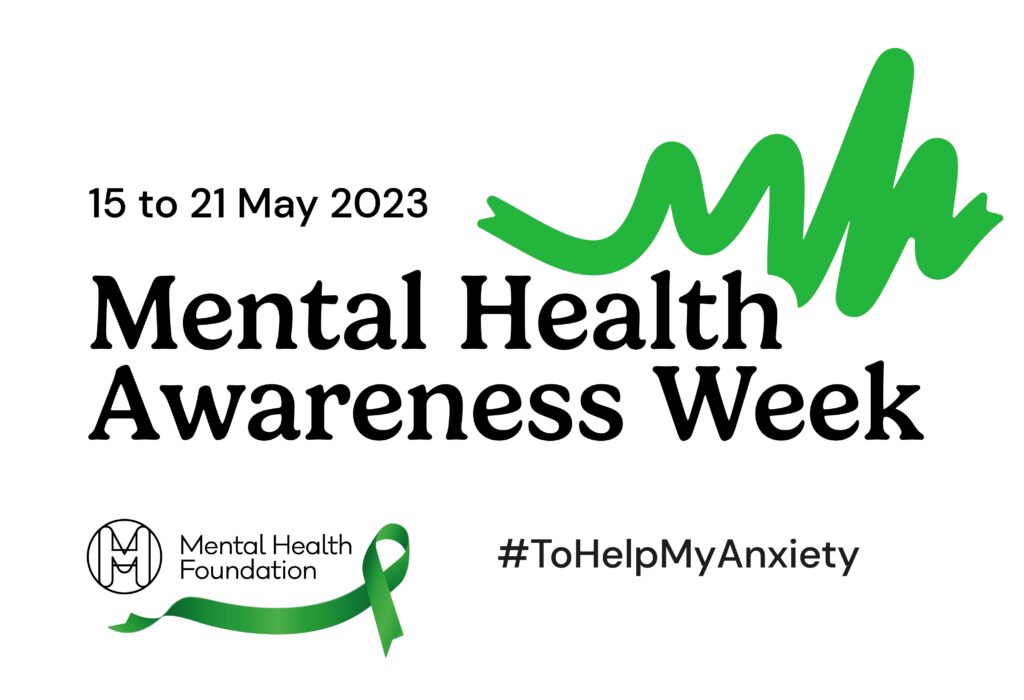Mental Health Awareness Week runs from 15 to 21 May 2023. In this blog, PHSI colleagues Dan Steward, Emily Oliver, Fiona Duncan and Ilaria Pina, tell us more about their mental health research and experience of working in this area.

What is the focus of your research?
We are a team of researchers working on the promotion of positive mental health, and how best we can support thriving, rather than just ‘surviving’, for all. We try to explore new and creative ways to provide support, drawing on different ways of thinking about what it means to be mentally healthy as well as diversifying who is involved in providing support.
An individual living with a severe mental illness (SMI) dies on average 15-20 years earlier than someone without an SMI, and health inequalities continue to worsen in the Northeast of England. Currently, our main project is focused on improving the lives of people living with SMI in Northeast England. The WHOLE-SMI project explores holistic approaches to health and supporting people to live well, with a focus on how best we can embed physical health promotion services within support pathways for people living with SMI.
Another area of work is centred around whether and how community organisations can use digital technology to promote good mental health and wellbeing, reduce social isolation and loneliness and prevent mental illness. Crucially we will investigate which groups in the community are more or less likely to benefit from using digital services.

How did you get involved in this area of research?
Our team have diverse disciplinary, theoretical, methodological and prior research backgrounds, but with a common goal of improving physical and/or mental health and wellbeing. Collectively, we have worked with cohorts ranging from those living with severe mental illness, overweight and obesity, individuals living with prediabetes, our older populations, staff within the NHS, people living in lower-middle-income countries, and professionals working in elite performance environments. We became involved in this work as we feel particularly passionate about addressing the challenges that face people living with SMI or other complex circumstances, and we all feel very strongly that more needs to be done to help everyone to live healthier and longer lives.
Why do you think this research is important?
The facts and figures speak for themselves, particularly when it comes to life expectancy and SMI. There is also still a large stigma associated with mental illness and we all advocate breaking this stigma to facilitate individuals to experience better quality of life and live longer. We recognise that current service delivery has a tendency to be compartmentalised and not address the whole-health needs of an individual, especially when there may be underlying causes affecting other aspects of a person’s health that are not acknowledged. We have found that there is an appetite for a change of approach to health from stakeholders and patients alike. Additionally, we respect the different burdens our primary, secondary and community care providers face. We understand the importance of facilitating service delivery as effectively and efficiently as possible.

What are the main challenges?
As with all research, we have also experienced challenges in our studies. A challenge we have faced in recruiting experts with lived experience has been developing new ways to support the involvement of groups that are typically underrepresented in research. For example, we have recently engaged with a charity organisation called The Lawnmowers Independent Theatre Company, run by and for people with learning difficulties, who have helped us better understand their experiences with research and how we can be more approachable and accessible to potential participants in this demographic. We have also experienced challenges with competing priorities and demands, not just within our own workloads, but also that of the healthcare professionals we have engaged with. With services stretched, we have found having conversations with healthcare staff via existing NHS structures (e.g., team meetings or training sessions) and attending clinics and sites in person for short data collections ‘on the hoof’ to be helpful.

What are the biggest opportunities to reduce the stigma around mental health?
Communication and engagement! Whilst massive improvements have been made in how we discuss mental health, there is still a long way to go. Additionally, we need to consider those that have been brought up to mask their feelings and how we change the conversation to include them and help them more. In doing the research we do, we have a heightened appreciation of the importance of listening to the experiences, opinions and needs of those in the community, those with lived experience of having an SMI, and those on the front-line delivering vital services and support. As Dan in our team says, “I think the biggest opportunities to reduce the stigma around mental health are in the open and two-way conversations we have with people, and sharing our experiences, whilst also being open to changing how we approach mental health.”
